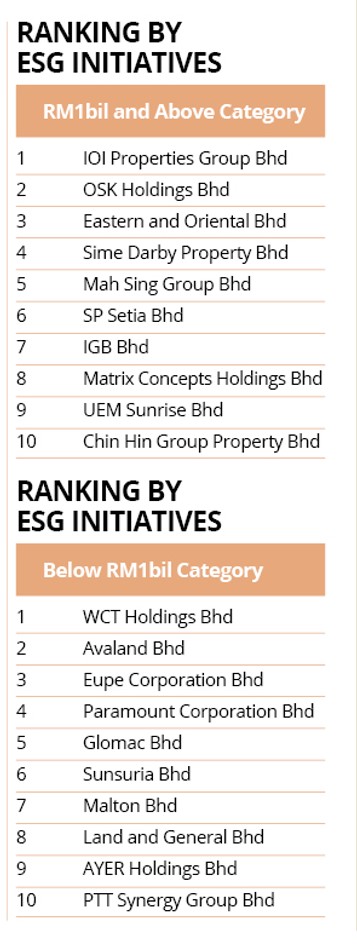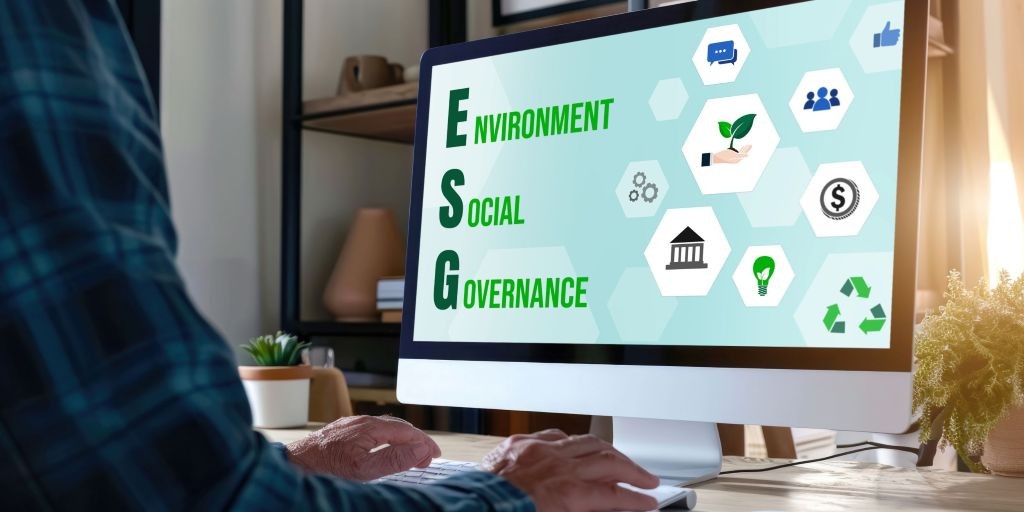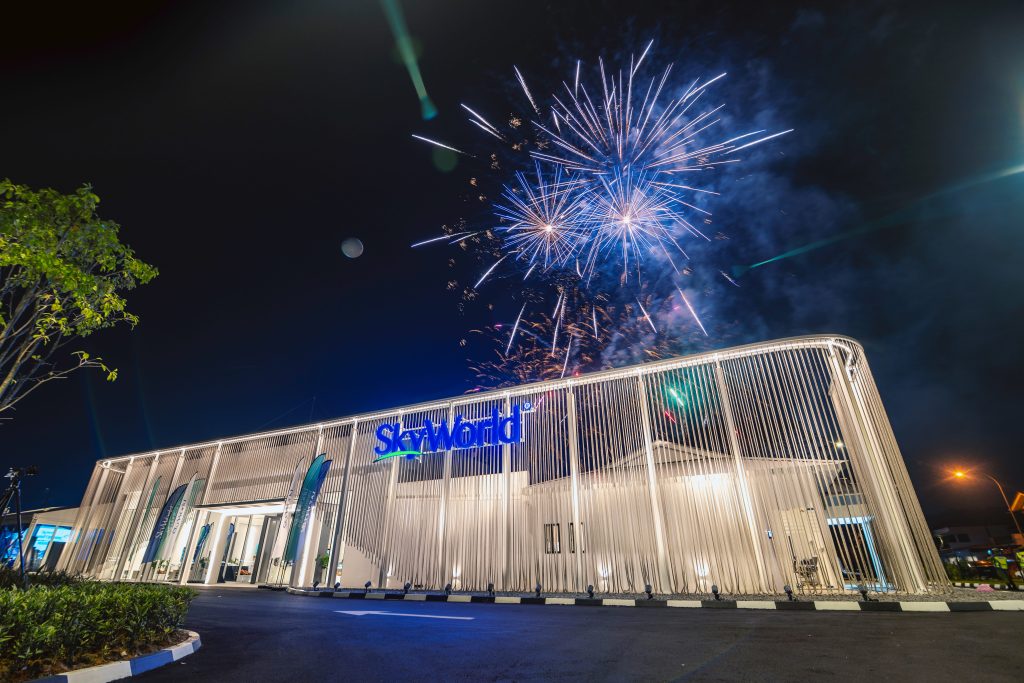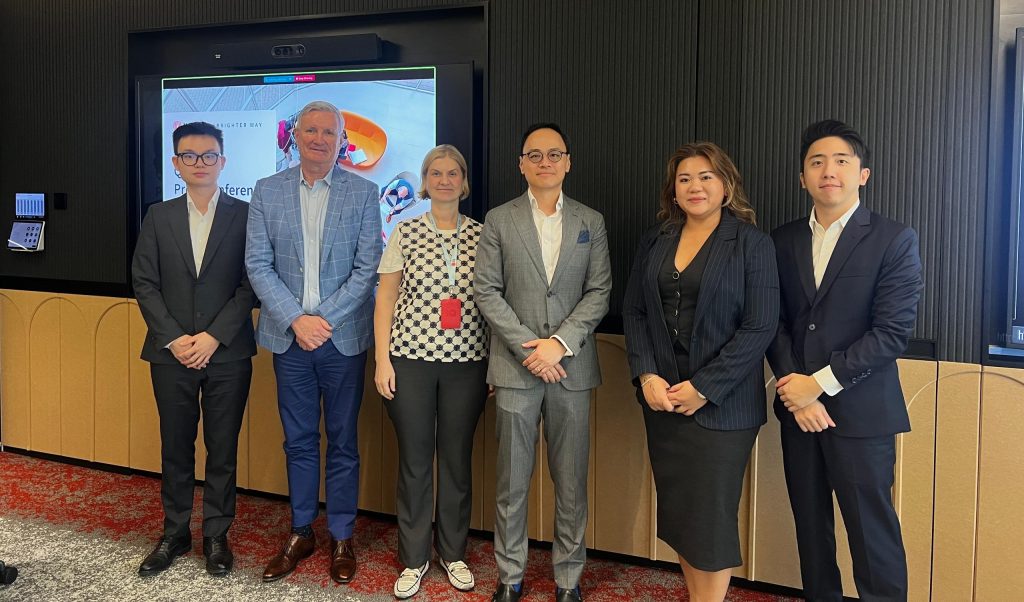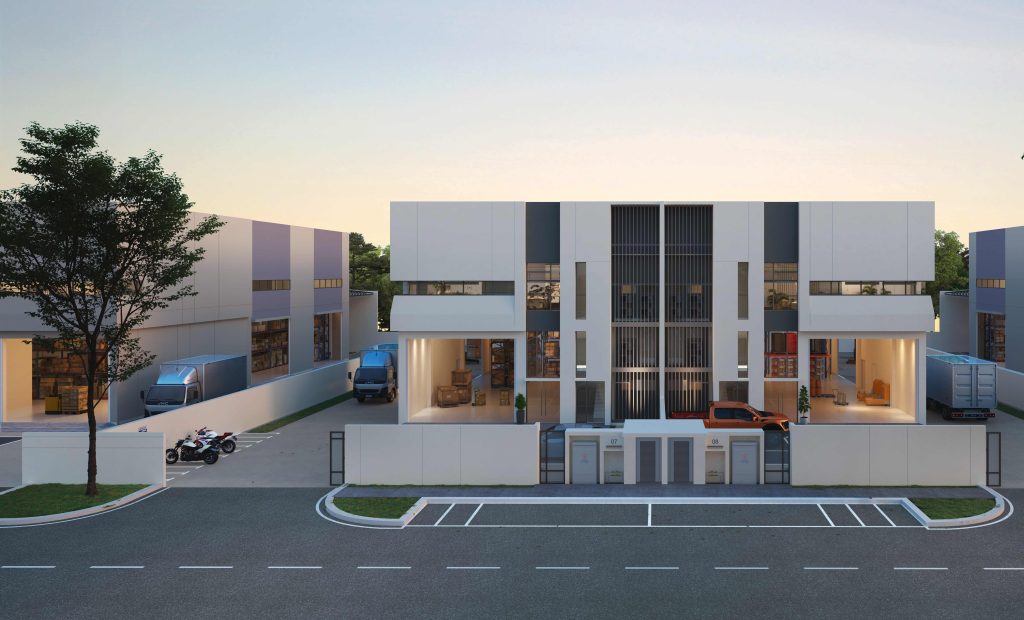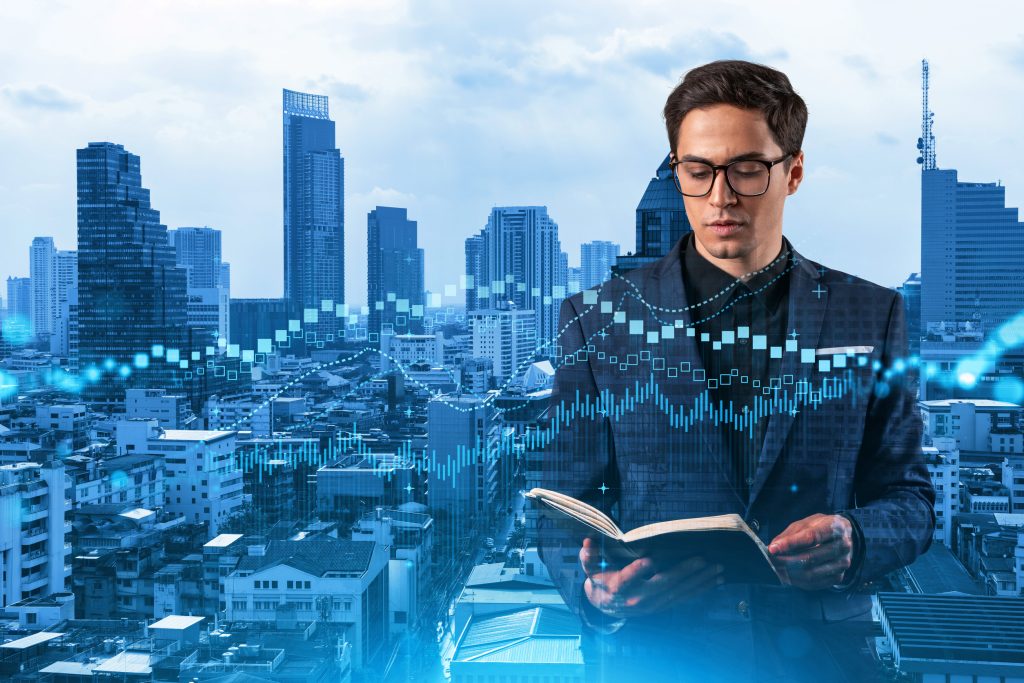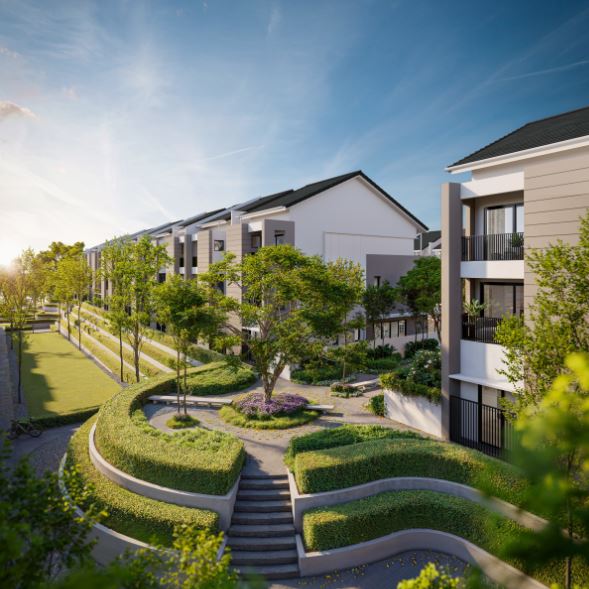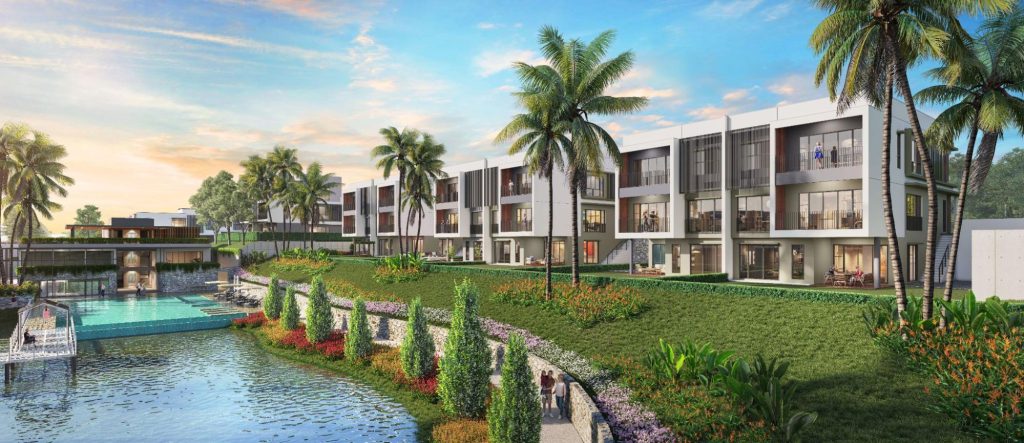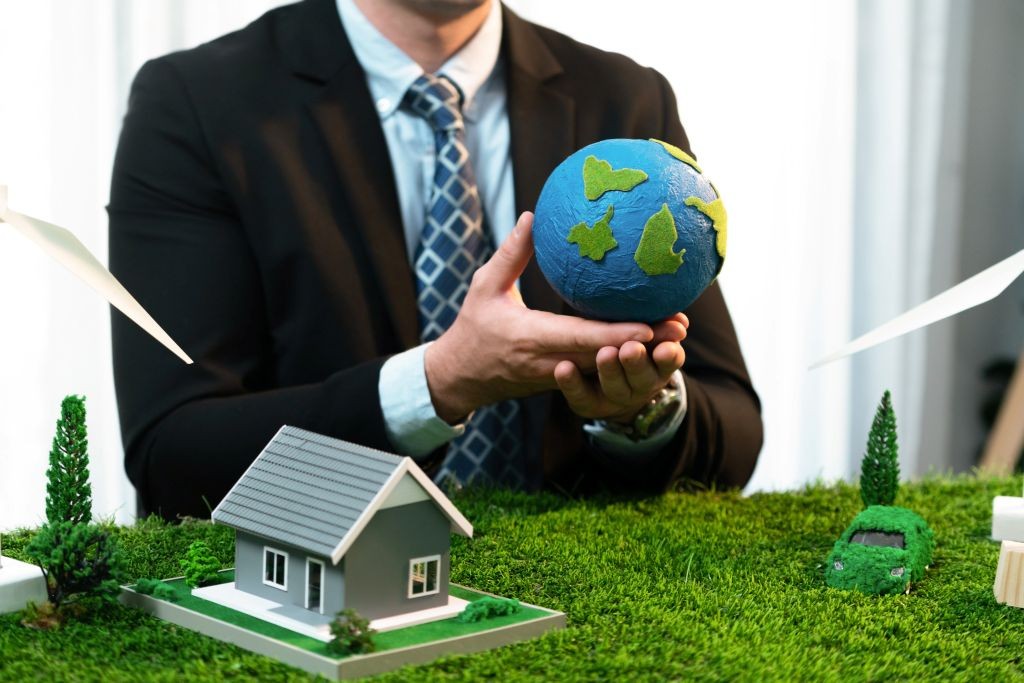
ESG has become a core mandate for Malaysian property developers, shaping how they build, govern and sustain value.
Definitive blueprint for long-term value, resilience and market survival
Environmental, social and governance (ESG) principles are no longer optional in Malaysia’s property landscape. They have become a core mandate driving the future of development, investment and sustainable growth.
For property developers, ESG has evolved into a vital way of doing business, guiding every decision from blueprints to daily operations. The public now rightly demands more than financial returns and developers must show a clear commitment to people and the planet, guided by transparent and sound governance. It’s about building a better, more responsible future for all.
A recent research note by MBSB Investment Bank revealed that Malaysian developers are accelerating ESG adoption. From renewable energy integration to green-certified design and transparent business conduct, these practices are being built into core strategies rather than treated as peripheral corporate social responsibility (CSR) exercises.
Leading players such as Mah Sing Group Bhd, Sime Darby Property Bhd and IOI Properties Group Bhd are setting industry benchmarks by incorporating ESG policies into their daily operations and governance frameworks. Their efforts are recognised through inclusion in the FTSE4Good Bursa Malaysia (F4GBM) Index, which tracks companies with exemplary ESG performance.
According to MBSB Research, developers embracing ESG principles are better positioned for long-term resilience, stronger investor confidence and greater value creation through cost efficiency, risk mitigation and stakeholder trust.
From compliance to commitment
Malaysia’s regulatory framework is evolving rapidly to support the country’s sustainable development agenda. The Energy Efficiency and Conservation Act 2024 (EECA), which took effect in 2025, introduced mandatory energy performance standards for buildings. Meanwhile, Bursa Malaysia’s updated sustainability reporting guidelines demand more rigorous and transparent ESG disclosures from listed companies.
These policy shifts are pushing property firms to move beyond voluntary initiatives towards structured and measurable ESG frameworks. ESG is no longer about ticking boxes but embedding sustainability into every level of corporate strategy.
In fact, ESG criteria in the Malaysia Developer Awards carry 30% weightage of the total evaluation. This shift underscores the growing importance of integrating sustainable practices into every facet of property development.
Consequently, developers are now rethinking their business models around carbon management, ethical governance and community well-being, aligning corporate growth with national sustainability objectives such as the Net Zero 2050 Roadmap goals. However, the drive isn’t purely regulatory; it is also a fundamental matter of market survival, financial viability and talent acquisition.

Developers who integrate ESG at the heart of their strategies are building trust, resilience and enduring value.
Why ESG must be the core of business strategy
The big shift towards ESG and sustainability in property isn’t just about corporate rules; it’s about people, money and survival. Here are the key strategic factors driving this decisive shift:
- The risk of losing money on old assets
The most urgent factor is the risk of the development becoming devalued. Banks and buyers are starting to value buildings with poor energy efficiency or high carbon footprints much lower than green properties. This creates two kinds of market: the good green buildings and the bad outdated ones.
Developers who don’t update their properties risk being left with stranded capital. Assets that are effectively worthless because large investment funds won’t buy them and they may become too expensive to insure against increasing risks like floods and extreme heat in Malaysia.
- Guarding against fraud and losing investments
Global banks and major investors are now strict gatekeepers for money. They will only lend cheap, long-term capital to projects that prove they are truly sustainable. This means developers must provide auditable, real-time data on energy and water use.
Using property technology, like smart sensors and digital systems, is essential. It provides the proof needed to show it’s not just ‘greenwashing’ (falsely claiming to be green), which could lead to expensive lawsuits and regulatory fines. Without verified digital proof, developers risk being cut off from major financial sources.
- Survival and attracting the best talent
ESG now dictates who survives in the market and who attracts the best people. The public and corporate tenants prioritise social factors: they demand certified clean indoor air quality and resilient, fair communities. These features are non-negotiable for high occupancy and premium rental rates.
By proactively building in ESG from using recycled materials to designing climate-ready buildings, developers aren’t just meeting rules; they are creating long-term value, staying relevant to customers and ensuring they have a future-proof business model.
- Creating measurable impact for stakeholders
The benefits of ESG adoption are evident across multiple stakeholder groups, making it a catalyst for shared value creation. It moves beyond regulation to deliver tangible benefits across the entire project ecosystem.
For the human element, communities and residents directly benefit from gaining measurably healthier, safer and more supportive environments. Developers mandating ample public green spaces and implementing non-toxic materials result in better air quality and community health.
Similarly, employees gain from enhanced social capital, with stronger workplace safety standards and essential skill development opportunities in green technologies. Developers reinforce this by investing in vocational training and robust ethical frameworks, such as clear ‘Speak Up’ policies, leading to improved retention and well-being.
Crucially, ESG enhances financial confidence and ethical governance across the supply chain. Investors and financiers reap greater confidence and reduced risk exposure through heightened transparency. Developers ensure this by committing to rigorous third-party ESG auditing like Global Real Estate Sustainability Benchmark (GRESB) which provides credible, risk-mitigating data to improve credit rating and lower capital costs.
By enforcing sustainable procurement and mandatory ethics, industry players encourage all stakeholders involved to embrace sustainable and ethical practices. In this ecosystem, ESG is an engine for mutual growth, not just a regulatory obligation.
TOTC qualitative rankings
Companies that incorporate ESG principles into their operations are better positioned to thrive in an evolving business landscape. In the MDA 2025 Top-of-the-Chart (TOTC) RM1bil and above category, IOI Properties Group Bhd emerged as the clear leader in ESG rankings. In the below RM1bil category, WCT Holdings Bhd took the lead for ESG initiatives.
Both IOI Properties Group and WCT Holdings are highly-rated ESG leaders, committed to constructing sustainable, low-carbon communities through the use of green-certified buildings and energy-saving measures. Their dedication is further shown by significant social investment in communities and employee well-being, all governed by robust corporate frameworks that have earned them repeated inclusion in the FTSE4Good Indices.
Embedding ESG across the development lifecycle
Forward-thinking developers are integrating environmental, social and governance (ESG) principles from the design stage right through to post-completion operations, ensuring sustainability is embedded at every touchpoint.
- Sustainable design and planning: New projects are shaped by passive design features, natural ventilation and orientation that minimises heat gain. Landscaping must now restore biodiversity by protecting existing ecosystems and reintegrating native, climate-appropriate species.
- Low-carbon materials and construction: Developers are increasingly utilising recycled materials, low-carbon cement and prefabrication techniques to reduce construction waste and embodied carbon.
- Smart energy and water management: Technologies such as solar panels, rainwater harvesting, greywater recycling and IoT-based building management systems are becoming standard practice.
- Certification and benchmarking: Accreditations like GreenRE and the Green Building Index (GBI) provide independent validation of a project’s sustainability credentials, enhancing asset value and marketability.
Within Malaysia’s property sector, ESG initiatives now represent a company’s values, social responsibility and corporate accountability.
Environmental initiatives
Projects today are strategically incorporating several core environmental initiatives to actively reduce their ecological footprint. This includes fundamental elements like green building design to cut down on energy consumption, alongside adopting future-ready transport solutions such as accessible electric vehicle (EV)-friendly infrastructure (charging stations).
Beyond energy, modern developments integrate smart water systems that actively utilise techniques like rainwater harvesting and water recycling. Crucially, they also prioritise biodiversity conservation, working to preserve natural habitats and promote ecological balance on site.
These initiatives directly contribute to the United Nations’ sustainability agenda, specifically supporting SDG 7 (Affordable and Clean Energy), SDG 11 (Sustainable Cities and Communities) and SDG 13 (Climate Action). This demonstrates how the property sector contributes to Malaysia’s broader ambition of becoming a low-carbon, inclusive and resilient economy.
Social initiatives
On the social dimension, developers are prioritising health and safety, employee welfare and community well-being. Projects often feature covered pedestrian walkways, bicycle lanes and free shuttle services that improve accessibility to public transport nodes.
Some developers are also involved in community programmes such as urban farming, affordable housing and education outreach, reinforcing their commitment to SDG 3 (Good Health and Well-being) and SDG 10 (Reduced Inequalities). Employee-focused initiatives include upskilling programmes, workplace safety training and transparent career progression opportunities, ensuring inclusivity and equity across all levels of the organisation.
Governance initiatives
Developers are enhancing internal audit systems, enforcing zero-tolerance policies on corruption and maintaining whistleblower mechanisms to ensure transparency and accountability.
This includes mandating board-level sustainability committees with clear oversight of ESG targets and risk. Such governance practices align with SDG 16 (Peace, Justice and Strong Institutions), reinforcing Malaysia’s standing as a market that values integrity and ethical conduct.
Contributing to the sustainable development goals
A defining aspect of ESG is the commitment to achieving carbon neutrality. Developers are increasingly adopting carbon accounting frameworks to monitor emissions and set reduction targets, aiming for net-zero operations by 2050.
Forward-thinking developers are demonstrating their commitment to decarbonisation through tangible initiatives, such as installing solar photovoltaic (PV) systems across both residential and commercial assets. Furthermore, they are transitioning their operations towards electric or hybrid construction equipment to reduce on-site emissions and actively partnering with technology firms to create energy-neutral smart townships that integrate sustainable power and management systems.
These initiatives demonstrate that ESG extends beyond building design. It represents a transformation in how cities are planned, built and lived in.
Malaysia’s property sector is steadily earning international recognition for its sustainability efforts. Companies listed on the FTSE4Good Bursa Malaysia Index are sending a strong signal to global investors seeking ESG-compliant opportunities within emerging markets.
This recognition enhances Malaysia’s reputation as a regional hub for sustainable urban development where ESG is both a moral duty and an economic advantage.
The future: ESG as the blueprint for growth
As Malaysia transitions towards a greener, low-carbon economy, ESG has become the foundation for future property development. Developers who integrate ESG at the heart of their strategies are building more than physical structures — they are building trust, resilience and enduring value.
Those who fail to evolve risk falling behind in a market that increasingly rewards transparency, accountability and social impact. In this new era of real estate, ESG stands not merely as a regulatory requirement but as the blueprint for responsible and future-ready growth.
Stay ahead of the crowd and enjoy fresh insights on real estate, property development and lifestyle trends when you subscribe to our newsletter and follow us on social media.


